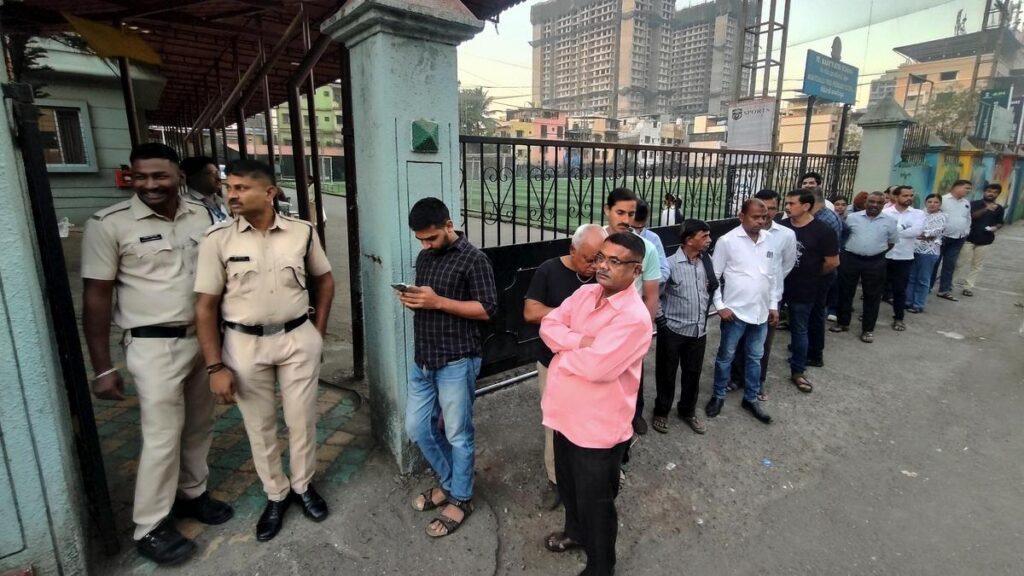Now Reading: Bihar Opposition’s Bold Promise: ‘One Job Per Family’ Within 20 Days
-
01
Bihar Opposition’s Bold Promise: ‘One Job Per Family’ Within 20 Days
Bihar Opposition’s Bold Promise: ‘One Job Per Family’ Within 20 Days

The Mahagathbandhan (Bihar) (MGB) has unveiled its election manifesto, pledging that if it comes to power in Bihar it will guarantee one government job to every family within 20 days of forming the government. The document signals a sharp political focus on employment, especially in districts beyond the state capital — where young people in Tier 2 and Tier 3 cities have long struggled for stable work and upward mobility.
What the manifesto says
The MGB’s manifesto outlines a detailed roadmap: it proposes to enact a law within 20 days of taking office that ensures a government job for at least one member in each household. Beyond that, it plans to implement a full employment-guarantee scheme across the state within 20 months. Also included are promises such as permanent status for self-help-group women, repayment waivers for some workers, free electricity for 200 units, and monthly financial assistance for women.
Why this matters for smaller cities
In towns and smaller cities across Bihar, where migration to metros is common due to limited opportunities, a promise of a government job hits a chord. Families in places like Purnia, Bhagalpur or Gaya often count on stable employment as a lifeline. The idea that the next government could deliver a job so quickly has raised hopes—especially among younger adults seeking to stay closer to home rather than move out for work.
Feasibility and challenges
On paper the promise is big. Translating it into reality raises questions: how many jobs are vacant, what kind of roles will be offered, how fair will the selection process be, and how will smaller towns get their share? Critics say that even if implementation begins within 20 days, ramping up to cover every family is a mammoth task. Logistics, funding, bureaucracy and monitoring will all prove critical factors. The promise may energise voters, but delivery will test the next government.
Political context and competition
This manifesto puts pressure on the ruling alliance to match or counter it with their own proposals. The employment angle is central in Bihar this time, with joblessness and migration at high levels. For Tier 2 cities, where job markets are smaller and public sector roles more coveted, such a promise could influence outcomes considerably. The opposition sees it as a strategic differentiator; the incumbent government will now be judged on its track record and ability to respond.
Conclusion
For many families in Bihar’s smaller towns the promise of “one job per family within 20 days” feels like a turning point. Whether it will deliver remains uncertain—but it sets the agenda. With job creation now front and centre, voters in Tier 2 cities will be watching closely: it’s no longer just about promises, but proof of action.

























